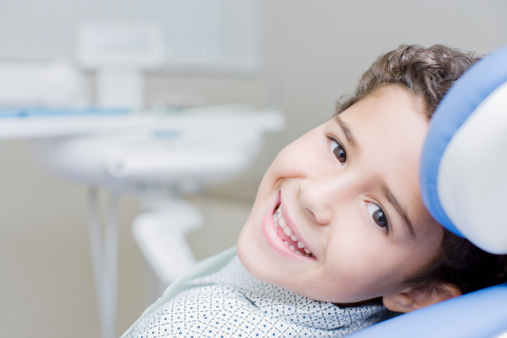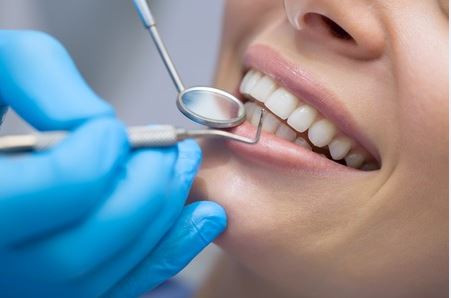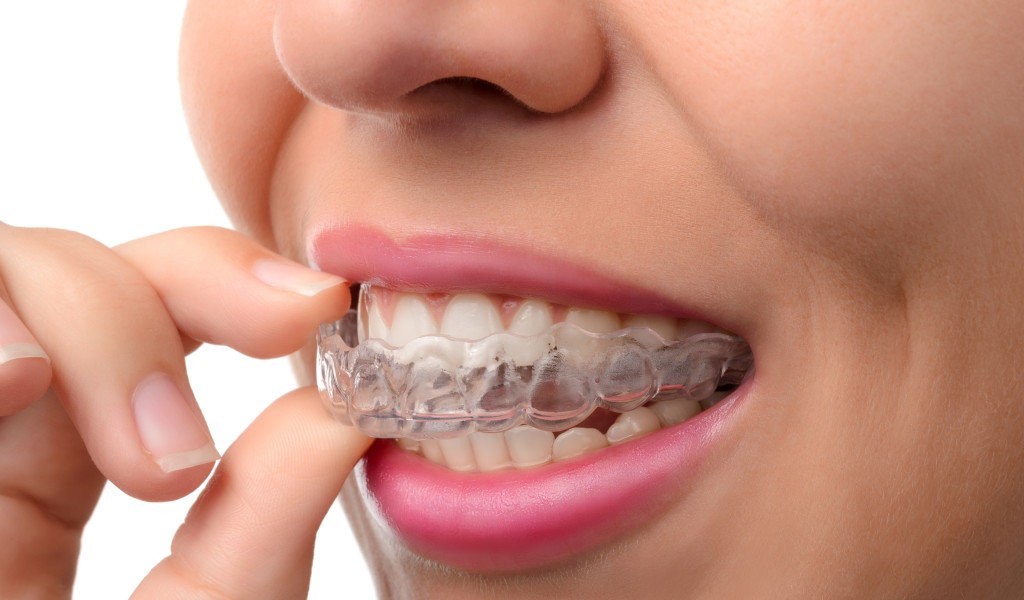
Dental cleanings and screenings
Professional cleanings performed by a hygienist or dental assistant are important to your dental health as are daily brushing and flossing. Using specialized tools we will:
- • Remove plaque build-up from the surfaces of teeth. Bacteria in the mouth form plaque, which collects on teeth and causes decay, gum disease and gingivitis.
- • Remove tartar from teeth surfaces. Tartar, or calculus, is plaque that has become so hardened on the teeth that its removal requires special procedures. Tartar below the gum line is also an indicator of gum disease, and generally appears on older children and adults
- • Help with brushing and flossing techniques, and encouraging healthy eating habits at home to promote good oral development
- • Remove surface stains from teeth through polishing




